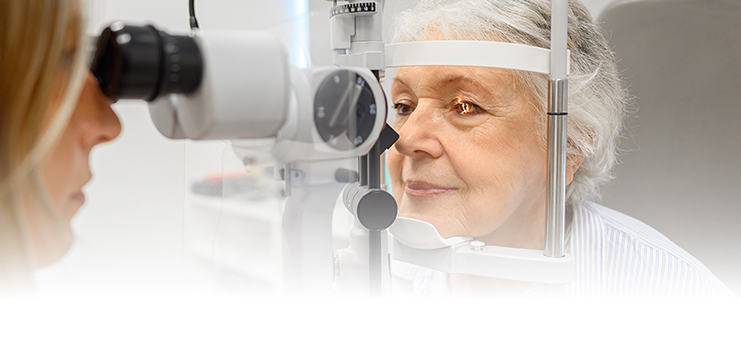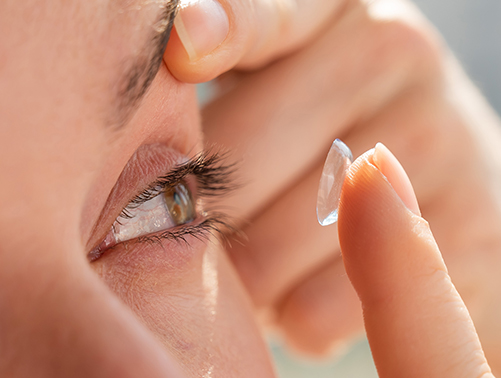
Caring for the
Eyes of Texas
At TSO Mansfield, our doctors believe great eye care goes beyond checking your vision — it’s about understanding you, your lifestyle, and your long-term eye health. Our Doctors of Optometry take the time to learn about your unique needs so we can provide personalized, comprehensive care.
Comprehensive Care, Tailored to You
From complete eye examinations and precise eyewear fittings to the management of eye diseases such as glaucoma, diabetic eye disease, and macular degeneration, our team is dedicated to helping you achieve your best vision and long-term ocular health.
If eyeglasses are the ideal solution for your needs, our optical offers more than just the latest designer frames. Our skilled opticians collaborate closely with your doctor to craft eyewear using the highest quality ophthalmic lenses, ensuring you experience both exceptional clarity and style.
Advanced Technology for Exceptional Eye Care
We’re committed to investing in the latest and most advanced diagnostic technology because early detection and precision matter. From high-resolution retinal imaging to dry eye diagnostics like meibography, our state-of-the-art tools allow us to identify issues sooner, tailor treatments more accurately, and deliver clearer, more comfortable vision results.
Our technology isn’t just modern; it’s designed to elevate your entire eye care experience.
Proudly Serving Our Community Since 2007
As a locally owned and operated practice serving Mansfield, South Arlington, and the surrounding communities, we take pride in being a trusted destination for complete eye care. We value relationships, continuity, and providing care that feels both professional and personal.
Experience the Difference
Your vision is too important for one-size-fits-all care. Schedule your appointment today and see how personalized service, advanced technology, and expert doctors can transform your eye care experience.
Featured Services
What we offer











































